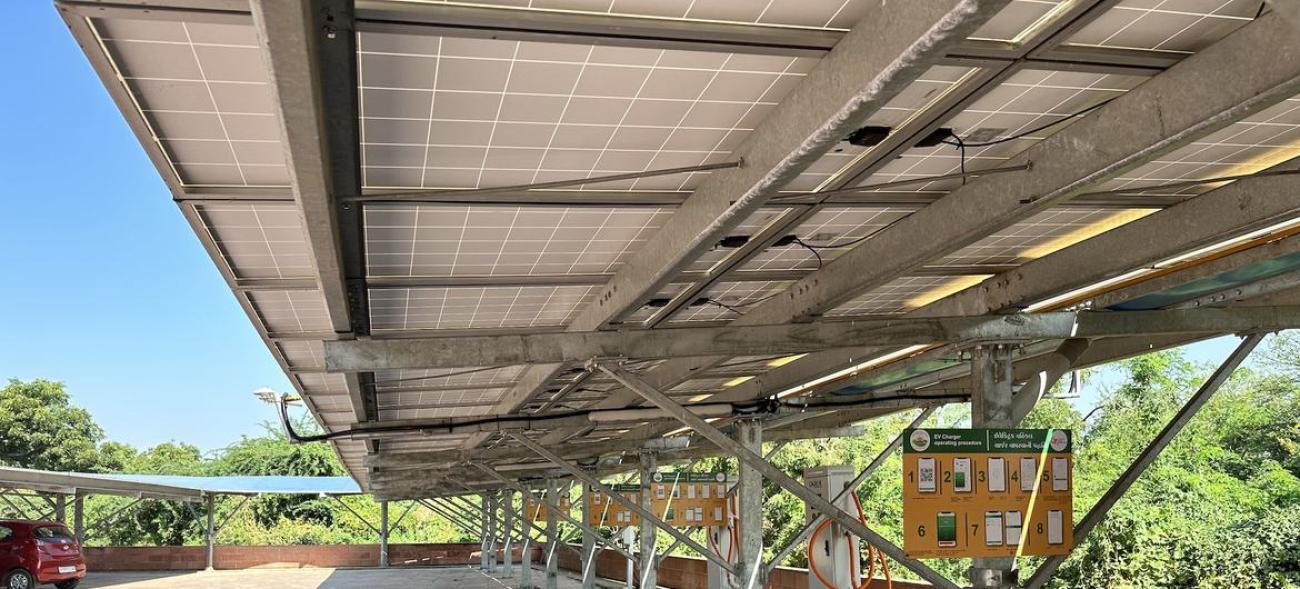“A world powered by renewables is a world hungry for critical minerals.”
The rising frequency of climate-related disasters has intensified global calls for a rapid shift from fossil fuels to renewable energy sources. The United Nations has established a new panel to ensure that the transition is equitable and transparent. India is among the 38 government, intergovernment and non-state members of the Panel on Critical Energy Transition Minerals, which has been tasked with protecting the human, environmental, and financial rights of resource-rich developing countries.
Critical energy transition minerals such as copper, lithium, nickel, cobalt and rare earth elements are key components of clean energy technologies spanning solar panels to electric vehicle batteries. For developing countries with large reserves, the critical minerals boom presents an opportunity to create jobs and boost revenues. However, soaring demand has heightened fears of potential fallouts, ranging from adverse impacts on human rights and the environment to geopolitical tensions and market volatility.
“The race to net zero cannot trample over the poor. The renewables revolution is happening – but we must guide it towards justice,” UN Secretary-General António Guterres said at the launch of the panel.
Besides eyeing a 30% Electric Vehicles share of all car sales by 2030, India has been actively working to engage with resource-rich countries for access to critical minerals as pathway to achieving the target of global net zero carbon dioxide emissions by 2050.






